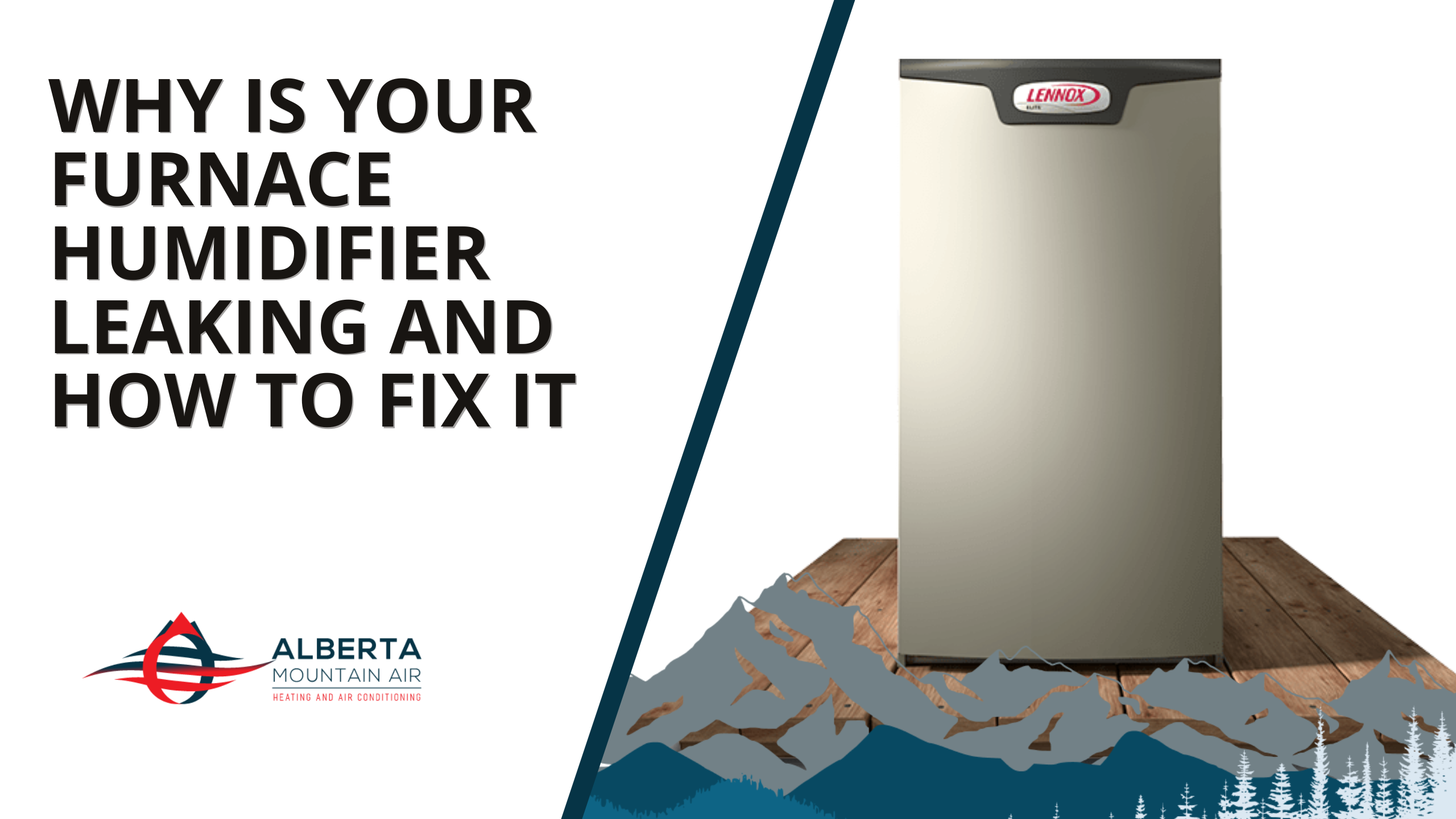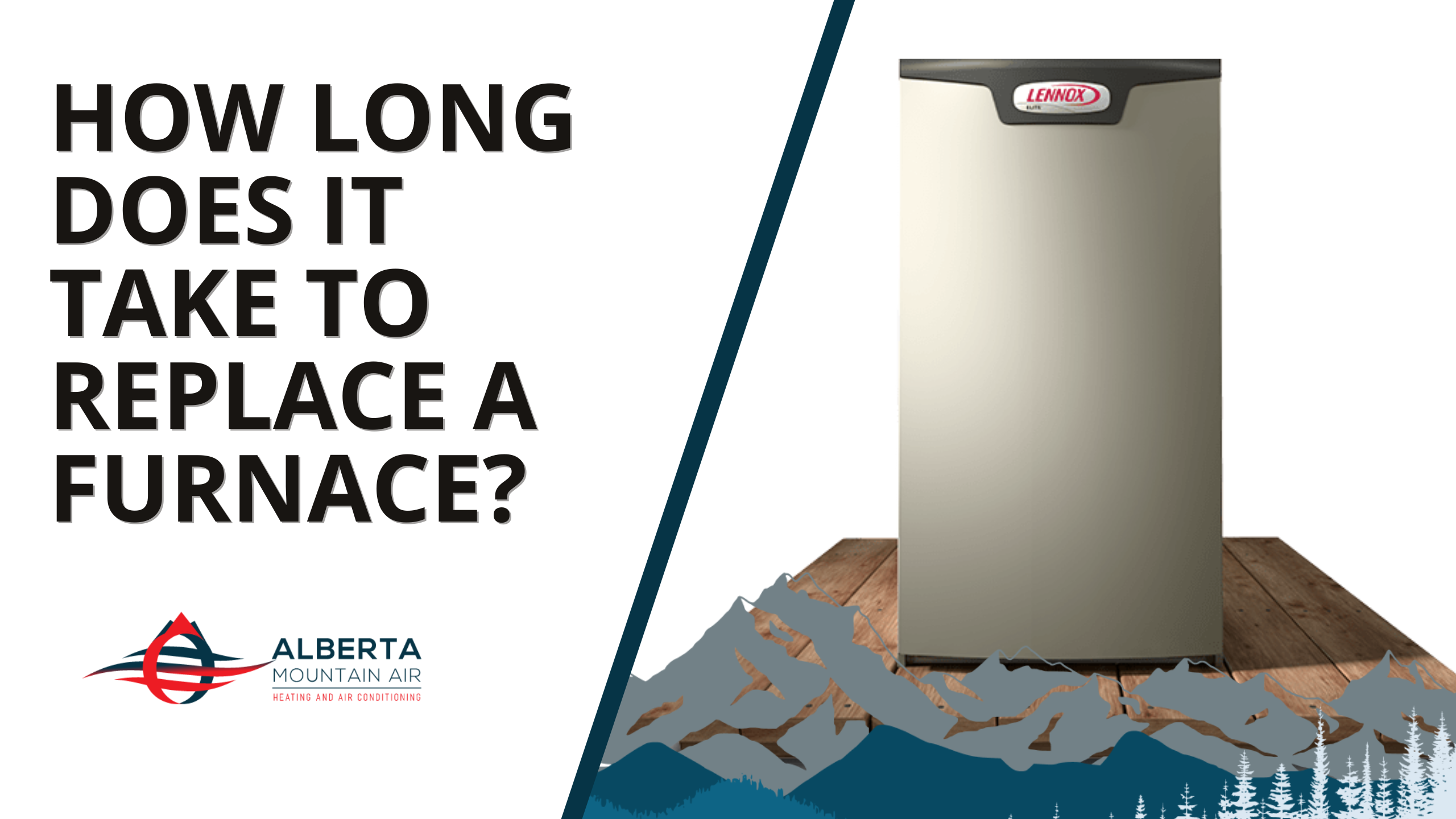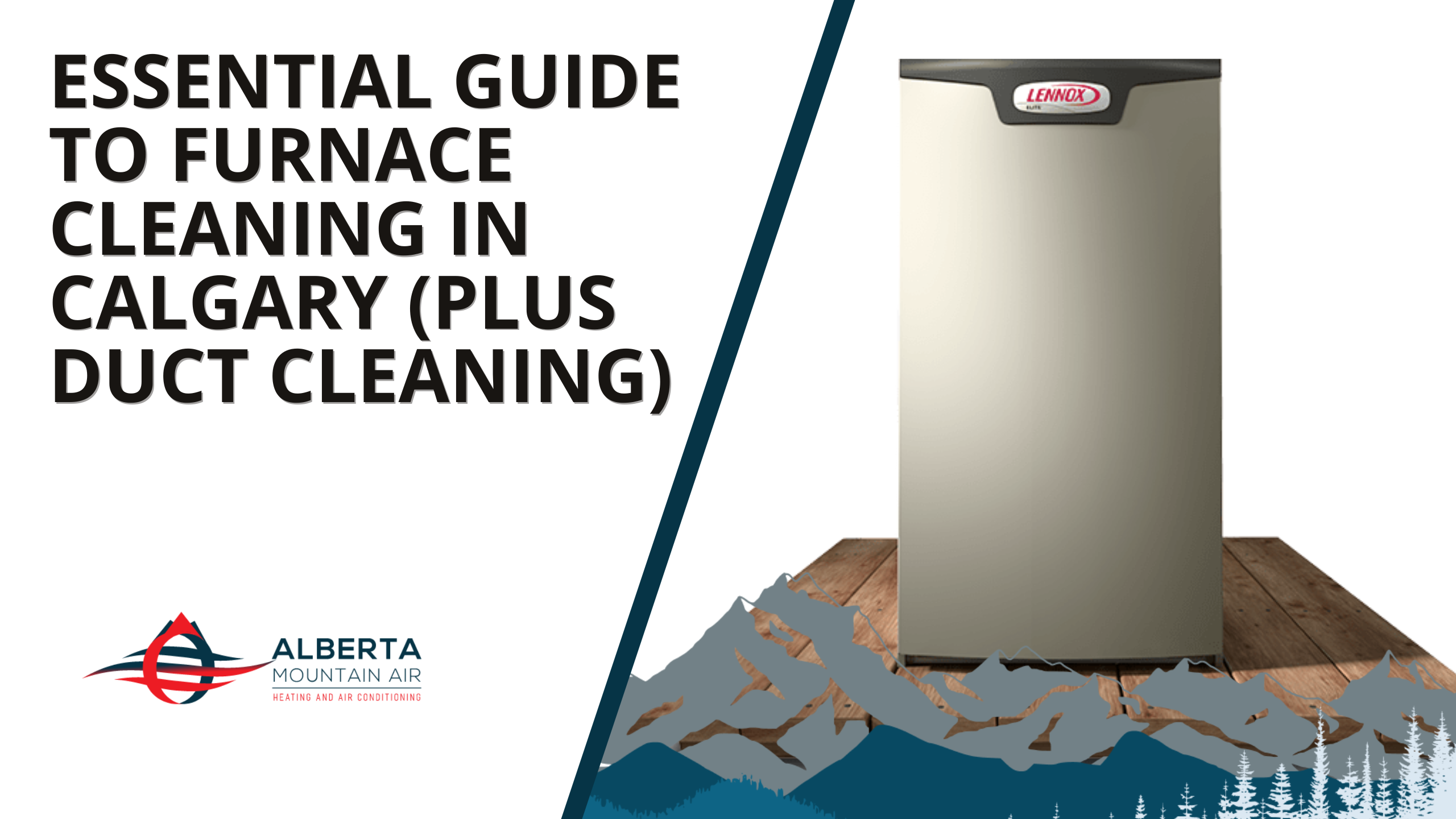Why Your Furnace Smells Like Burning and How to Fix It
No unusual smell from a furnace should go unchecked—but strange burning smells can be particularly worrisome for homeowners in Alberta.
However, there may be no immediate need to panic. Furnace repairs may not even be required. Turning a furnace back on after the fall, for instance, may cause burning smells for a minute or two.
Furnaces are complex devices with many components contributing to the combustion and heat transfer processes that warm your home. Central, forced-air furnaces fueled by natural gas are by far the most common way for Albertans to heat their homes, so most homeowners are used to some types of burning smells indoors—but they are usually more pronounced with oil-based heating systems than gas furnaces.
Any lingering, unwanted burning odours coming from the furnace during the heating season should be noted and checked. Let’s look closer at what may be wrong if your furnace smells like burning—and how to resolve the problem.
Table of Contents
Why does my furnace smell like burning?

Almost all burning smells from furnaces during the heating season need investigating, especially if the smell resembles burnt plastic, gunpowder, burning oil or smoke. These types of odours could point to problems with certain components or electrical wiring—or be due to dusty indoor air. They should be checked thoroughly by an HVAC technician as they could be compromising not only the heating performance but your family’s health and safety.
Burning smells from a furnace are not always a sign of problems, though. A forced-air gas-powered furnace works by combusting natural gas and circulating the heated air through ductwork and around your home. “Burning” occurs as part of the heating process and when you turn on your furnace for the first time each heating season, a burning smell might be quite normal if it has collected dust.
Almost all burning smells from furnaces during the heating season need investigating, especially if the smell resembles burnt plastic, gunpowder, burning oil or smoke. These types of odours could point to problems with certain components or electrical wiring—or be due to dusty indoor air. They should be checked thoroughly by an HVAC technician as they could be compromising not only the heating performance but your family’s health and safety.
Burning smells from a furnace are not always a sign of problems, though. A forced-air gas-powered furnace works by combusting natural gas and circulating the heated air through ductwork and around your home. “Burning” occurs as part of the heating process and when you turn on your furnace for the first time each heating season, a burning smell might be quite normal if it has collected dust.
Types of burning smells from furnaces
Let’s look a little closer at the types of burning smells you may experience with your furnace so you know which ones are the most serious…
Burnt plastic smells
If your furnace smells like burning plastic, it should not be ignored as it could be due to one of the following reasons:
- An overheating component: if the furnace’s motor is overheating because it’s working too hard, it could emit a plastic-burning smell and the entire heating system could shut down.
- Old and worn furnace parts: older furnaces could emit plastic-burning smells from worn-out components or electrical wiring that’s melting.
- A “foreign body” in your heating system like a small toy or small piece of plastic can emit strong smells through the home’s vents when burning.
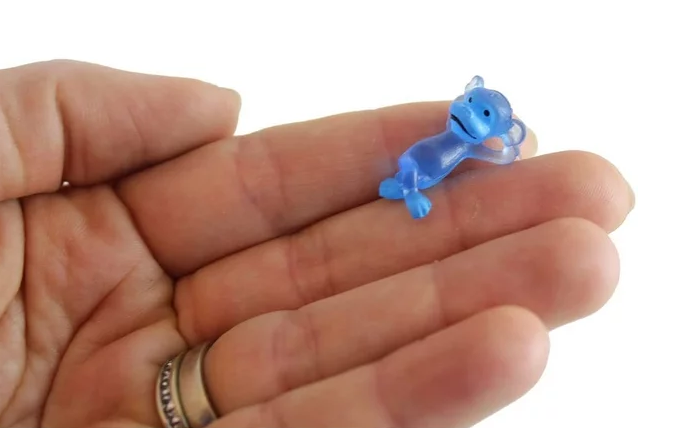
Gunpowder-like odours
If a smell like gunpowder comes from your furnace, it’s typically a sign of a fried circuit board or an overheated fan motor.
Both are potentially serious issues that will interrupt the normal heating process but should not cause you or your family any undue safety concerns, despite the alarming smells.
Burning oil or smoky odours
Though most homes in Alberta use gas, some homes have oil-based furnaces. Some oil-burning or smoky smells are relatively normal in these cases.
However, it’s still not safe for these fumes to be circulating in your home and excessive or prolonged exposure to smells like these should be a red flag suggesting that your furnace requires professional attention.
Dusty smells
During Alberta summers, most homeowners switch off their furnaces for a well-earned rest for a few months. The furnace is usually turned back on in September or October.
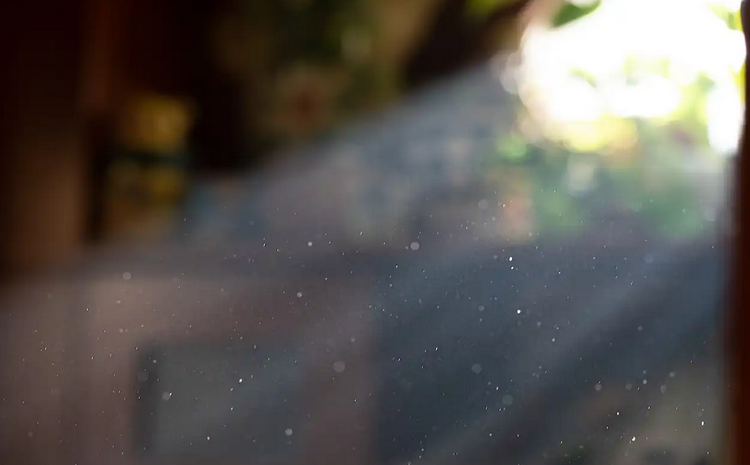
During the “rest period”, the appliance may gather dust, which enters the heating system after it’s turned back on. This can cause a variety of burning smells depending on the nature of the dust.
If the smell dissipates after a few minutes, there’s likely nothing to worry about. If not, call an HVAC professional.
Main causes of furnace burning smells—and how to fix them
Whether the burning smells from your furnace are an intermittent or persistent problem, don’t ignore them.
The above types of burning smells could be caused by bad air, failing components or problems with the electrics—all of which can impact your health and safety.
Some common causes have simple explanations and fixes. Others are more complex and require a professional touch.
Clogged furnace filter
Air enters the heating system, and then circulated through the ductwork and out through the registers into the lungs of your home’s occupants
The filter acts as a type of “gatekeeper” for the air quality in your home, ensuring that dust, pet dander, and airborne contaminants are kept out and the air inside the system is clean.
If the “gatekeeper” is clogged with dust and grime, it can’t do its job properly. Air quality will suffer and airflow will be restricted in the furnace, potentially causing multiple other problems. One symptom of this issue is burning smells every time you turn the furnace on.
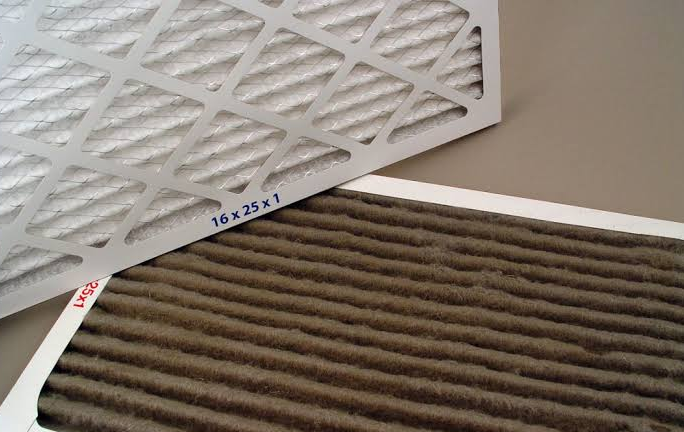
How to fix this furnace problem
If you suspect a dirty filter is the cause of furnace burning smells, clean the filter or change it. If your furnace uses disposable filters, keep a supply on hand for regular changes. It’s relatively straightforward for Alberta homeowners to look after this simple fix themselves but if in doubt, book a tune-up.
Ideally, check furnace filters every 60-90 days during the heating season to maintain optimal furnace performance and extend the life of your furnace.
Overworked/overheated blower motor
The furnace blower motor controls the airflow for the heating system, helping to circulate air through the furnace and into your home.
If airflow is restricted by a dirty filter or blocked ducts, it can cause the blower motor to overwork. Ultimately, heat can get trapped within the furnace, overheating components like the heat exchanger as well as the blower motor.
This may shut the furnace down and/or cause burning smells, as well as shorten the life of the system and potentially increase energy usage/bills. It can also lead to a cracked heat exchanger, which can be expensive to repair and even cause dangerous carbon monoxide leaks.
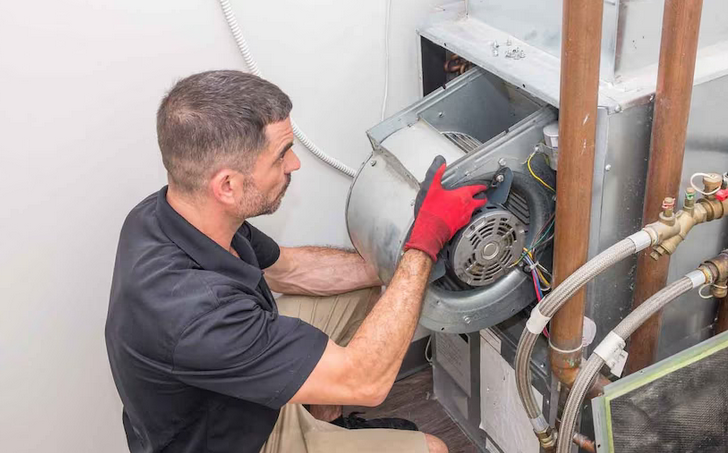
How to fix this furnace problem
As well as changing the furnace air filter regularly, walk around your home and ensure that nothing is blocking the air vents or ductwork in your heating system and the thermostat is correctly set for the heating required in your home.
If the blower motor is still overheating after these steps are taken, call an HVAC professional.
Electrical wiring melting/burning
The electrical connections within your HVAC system contain wiring with plastic insulation. If faults develop with the wiring due to physical trauma, improper voltage or another reason, the plastic can melt and produce unpleasant burning smells.
Electrical damage may even produce a fire hazard and require emergency furnace repairs.
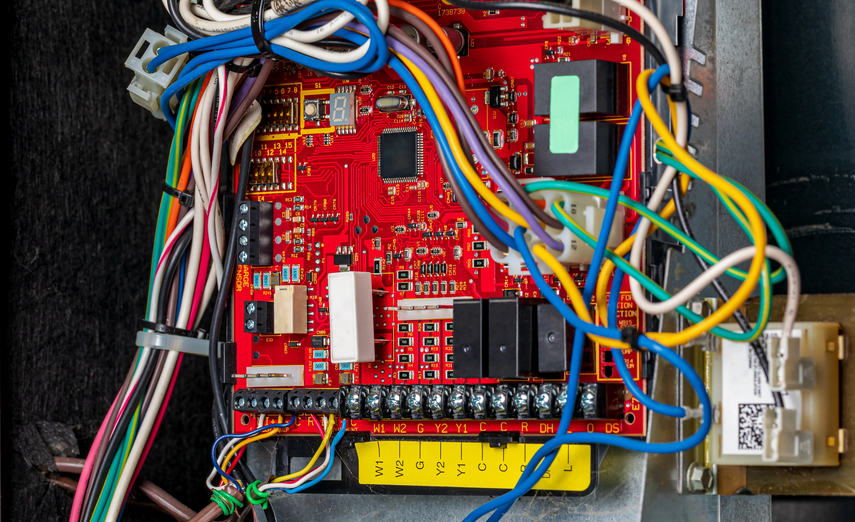
How to fix this furnace problem
Because of the dangers associated with electrical faults and the potential fire hazard, leave the furnace troubleshooting and fixing to the professionals. An HVAC technician will check, replace or simply tighten the wiring to stop the melting.
Note: when furnace troubleshooting, make sure that the appliance is always turned off and disconnected from the electrical supply. Beyond changing the filter and opening vents, most other problems with burning smells from furnaces should be investigated by a licensed HVAC professional.
What are “normal” burning smells from furnaces?
Oil furnaces tend to have an oily burning smell but this does not necessarily indicate a fault or problem.
Besides, the vast majority of furnaces in Alberta are gas-powered. If the appliance hasn’t been used for a few months over the summer, the furnace may have accumulated a fine layer of dust during the inactive months. Dust usually collects within the heat exchanger, ducts or on the ignition system and burns off after the furnace is started again in the fall.
This is a “normal” furnace burning smell that is nothing to worry about and won’t have any lasting impact on air quality. If, however, it doesn’t disappear in a few minutes (or occurs after you’re well into the heating season), you’ll need more thorough checks of the heating system.

Can burning smells from furnaces harm your health?
Inhaling smoke or toxic fumes is hazardous to one’s health but, most times, a few burning odours from a furnace won’t cause any lasting damage.
However, there are other problems with emissions from furnaces that can cause serious health issues—most notably inhaling carbon monoxide (CO). This is produced as a byproduct of the combustion process that produces the furnace heat.
Normally, such harmful waste gases are expelled safely from the home through the vent piping and chimney/flue but if problems develop, the gases can become trapped in the home and not be expelled properly. This can compromise safety. That’s why it’s mandatory for all residential homes with occupants and fuel-burning devices in Alberta to have CO detectors installed—and they are recommended for every building.
If your furnace is giving off carbon monoxide, occupants may feel dizzy, nauseous or suffer headaches. Also, look out for soot around your furnace or a pilot light that is yellow instead of blue.
Should you suspect a carbon monoxide leak, turn off your HVAC system, evacuate your house, and call an HVAC technician as soon as possible because prolonged exposure can be fatal.

Carbon monoxide is not the only health concern from poor indoor air quality. Health Canada warns that exposure to small airborne particles in indoor air can lead to a variety of lung and cardiovascular problems—another reason to ensure that regular furnace cleaning and maintenance is performed.
What other strange smells can a furnace emit?
Did you know that natural gas, like carbon monoxide, has no smell? The reason that it has a distinctive rotten egg smell is that gas companies add a harmless chemical called mercaptan to it.
So, if you smell rotten eggs coming from the vicinity of the furnace, it should be taken seriously as you may have a natural gas leak. Turn off the gas supply and the furnace and call 911 or your utility provider.
Other strange smells besides burning that may come from your furnace include musty smells. These are usually due to mold, mildew or bacteria in the system, which may build up during periods of inactivity, especially if your heating and cooling systems share the same air handler.
When the furnace starts up for the heating season, these smells usually burn off after a while. Changing the air filter and routine maintenance before the heating season kicks in can help.
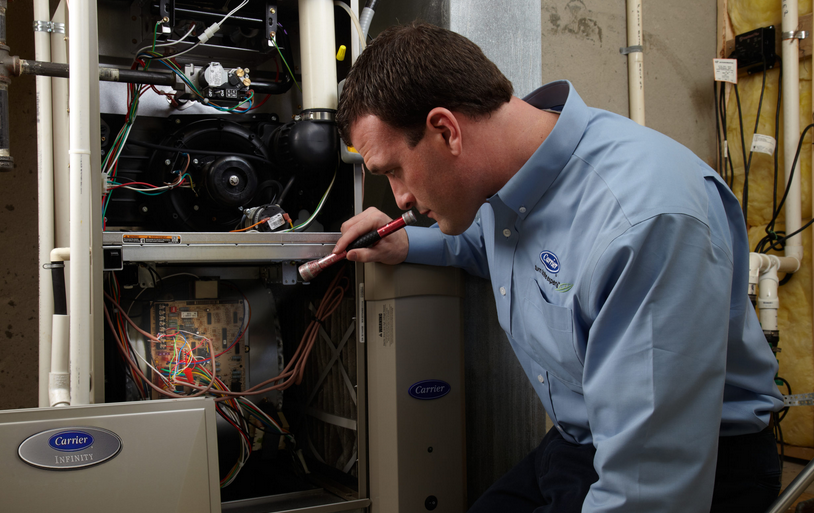
FAQs
Why is my furnace humming and emitting burning smells?
Strange noises coming from a furnace are as alarming as strange smells. When you get both at the same time, most homeowners don’t know what the heck is going on! Most times it’s due to a “fried” blower motor (see above).
Do new furnaces smell?
New furnaces may take time to “burn off” the natural smells they come with. Protective oils coat the furnace parts, like with a new oven, so a few burning smells should be expected for a day or two.
Can a gas furnace explode?
Modern furnaces that are correctly installed by professionals have sophisticated inbuilt safety mechanisms that prevent fire hazards and explosions, despite burning fossil fuels.
How to prevent burning smells from furnaces
Not all homeowners can distinguish “normal” burning smells from more worrisome odours. If you’re unsure, call the professionals.
Annual maintenance goes a long way to preventing burning smells from furnaces. During a furnace tune-up, all components are checked, cleaned, and lubricated if necessary. The heating system will be tested for safety, efficiency, and optimal performance—and if anything is awry, problems can be flagged early
A tune-up before the heating season starts in the fall is highly recommended for Alberta homes. This can ward off all sorts of potential furnace issues, including burning smells.
Our furnace professionals are SAIT-certified and can service any type or brand of furnace in Calgary. Call us at 403-236-4366 or contact us online to book furnace maintenance.
More Articles
Essential Guide to Furnace Cleaning in Calgary (Plus Duct Cleaning)
Need A Free Estimate?
Still have questions about your next air conditioner? Let us help you choose an air conditioner you’ll be excited for.
Need A Free Estimate?
Still have questions about your next air conditioner? Let us help you choose an air conditioner you’ll be excited for.
